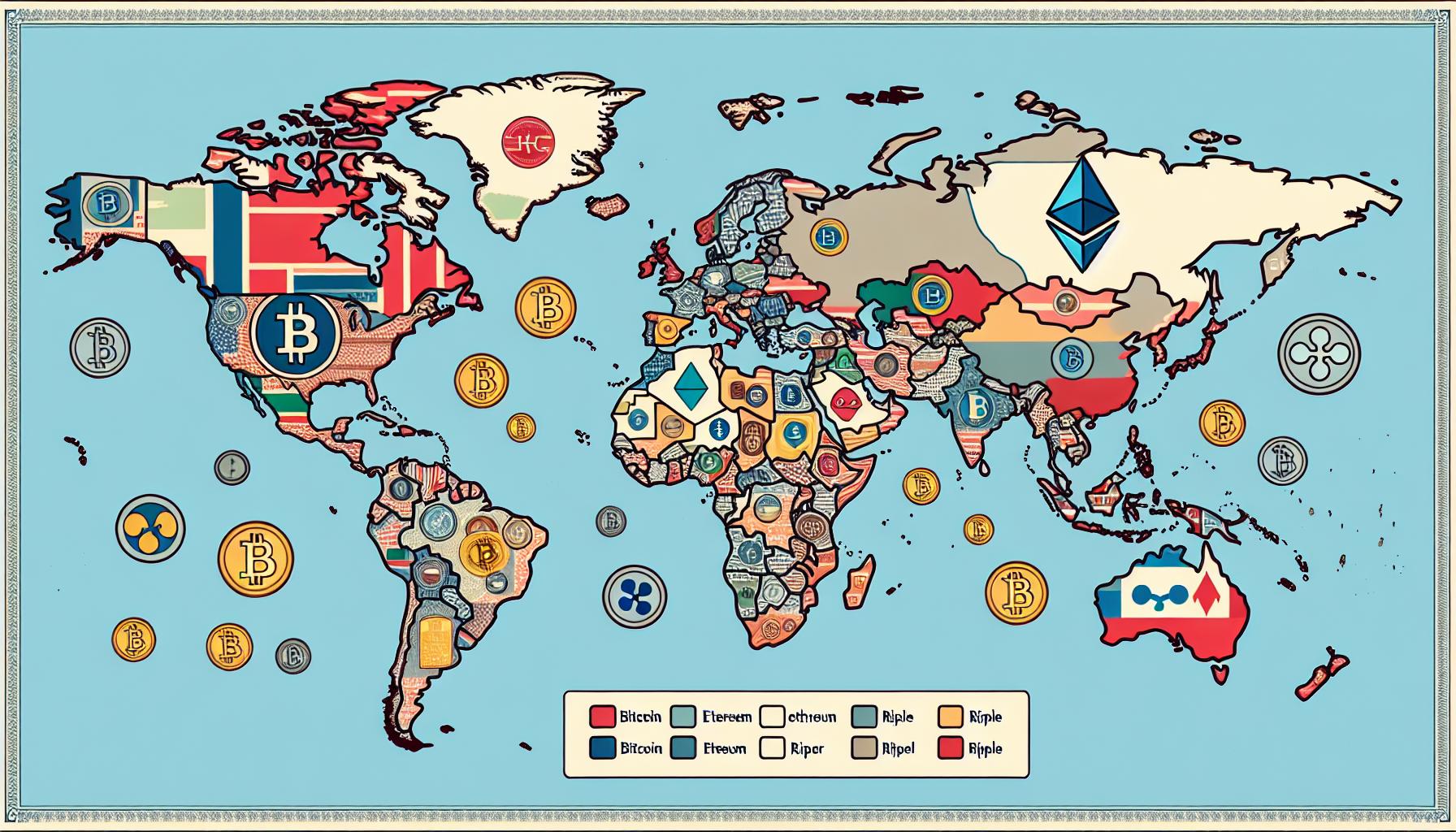Polygon Reports Consensus Finality Delay Caused by Node Bug
Polygon is currently experiencing a temporary delay in consensus finality triggered by a software bug affecting its Bor and Erigon nodes, according to an official incident report on the network’s status page. The disruption, which began early Wednesday, has impacted some Remote Procedure Call (RPC) services, causing access issues for decentralized applications operating on the Polygon network.
Despite these challenges, the Polygon blockchain remains operational and continues to produce blocks. However, several RPC providers and validators were compelled to rewind to the last finalized block and resynchronize their nodes to restore normal operation.
Node Restarts Mitigate Some Issues
The Polygon team confirmed that the bug prevents node progress under certain configurations. Restarting the affected nodes has resolved the problem for many validators and RPC providers. Engineers are actively collaborating with infrastructure partners to expedite debugging and implement a comprehensive fix.
Polygon emphasized that core chain operations remain unaffected by the incident and assured users of a prompt recovery.
Block Production Continues Amid Finality Delays
At the time of reporting, Polygon’s primary block explorer, Polygonscan, showed the last block was produced over five hours prior. However, the company provided an alternative link displaying real-time block updates. A Polygon representative explained that Polygonscan’s nodes halted at a problematic milestone generated by Heimdall, the network’s consensus engine, and the team is working to transition to functioning nodes.
Polygon confirmed that blocks continue to be produced and finalized checkpoints occur approximately every 15 minutes. The finality delay arises because Heimdall’s finality gadget, which typically produces milestones every few seconds, has stopped generating new milestones. This results in blocks being added to the chain without immediate checkpoint finality, which is now occurring every 20 minutes on Ethereum.
Understanding Bor and Erigon Nodes
Bor and Erigon are critical software components underpinning Polygon’s network. Bor is responsible for producing and organizing new blocks of transactions, while Erigon facilitates efficient data access, storage, and retrieval for blockchain infrastructure providers. Erigon’s design prioritizes speed, stability, and minimal storage demands, making it essential for entities managing explorers, analytics platforms, or decentralized app backends.
Ongoing Efforts to Resolve the Issue
The Polygon team is actively investigating the root cause of the node bug and has identified a fix currently being rolled out to all validators and service providers. Collaboration with major infrastructure providers aims to minimize the incident’s impact on the network and its users.
FinOracleAI — Market View
The temporary delay in consensus finality and RPC disruptions may create short-term uncertainty among users and developers relying on Polygon, potentially affecting transaction throughput and application performance. However, the continued block production and swift node restarts mitigate the risk of extended outages. Market participants should monitor the full deployment of the fix and the restoration of normal finality cadence, as prolonged delays could impact decentralized application reliability and network trust.
Impact: neutral













